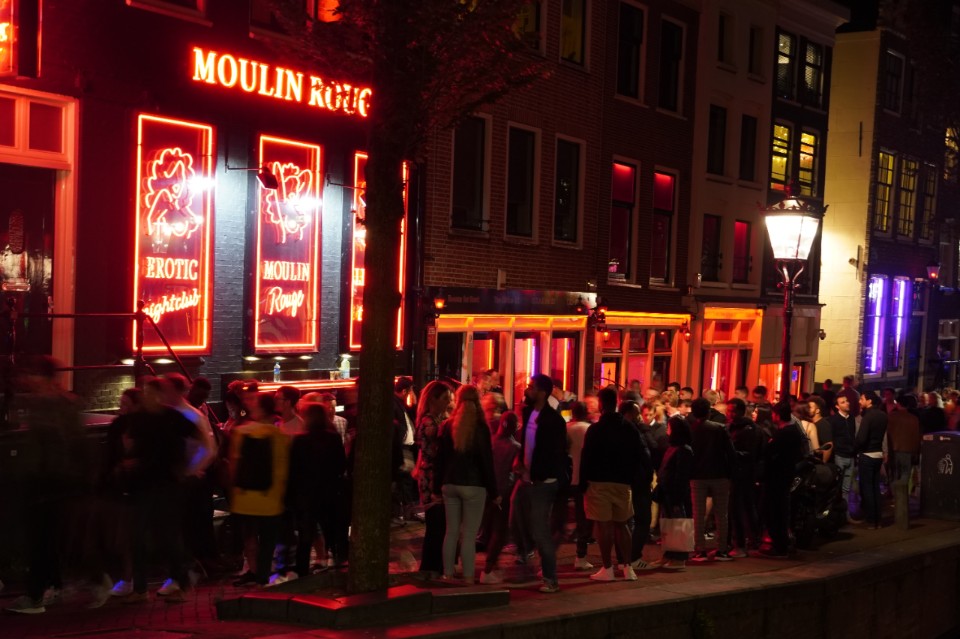Beautiful canals, picturesque streets and great museums: Amsterdam is one of Europe’s favourite destinations for tourists – international and otherwise – but there is also a reason why the City of Canals is sometimes called the City of Sin. In the Dutch capital, in fact, prostitution is legal, pot is decriminalised and both are a major source of income. Already at the beginning of 2021, the mayor Femke Helsema announced a plan to close a significant number of brothels in De Wallen – this is the name of the red-light district due to its location within the old city walls – and move them to a specially designed “erotic centre” on the outskirts of the city, a proposal that came in the wake of another campaign led by Halsema to ban foreign tourists from the city’s famous cannabis cafés.
The controversial project has provoked reactions from sex workers, who claim that the relocation will threaten their livelihood, further stigmatise their profession and deprive them of a safe working environment compared to De Wallen, a close-knit neighbourhood where people and police are always present.

Recently during an interview conducted by Bloomberg, Femke Halsema emphasised that she loves tourists and welcomes those who “come for the beauty of our city, our museums or our night culture”. What bothers her, and many other political leaders, are tourists who display a particular form of behaviour, not welcoming “people who come here on holiday from morality”.
Acknowledging that tourism is an important part of the Dutch economy, Halsema said that the increasing influx of tourists and expats into the Dutch capital is making things more expensive and raising the cost of living. Halsema is also struggling with a housing affordability crisis: The cost of living in Amsterdam has long been a concern for economists and local officials, who point to the chronically low level of housing supply and the growing influence of short-term rental services such as Airbnb.
Opening image: De Wallen, Amsterdam. Photo Gio, via Unsplash


